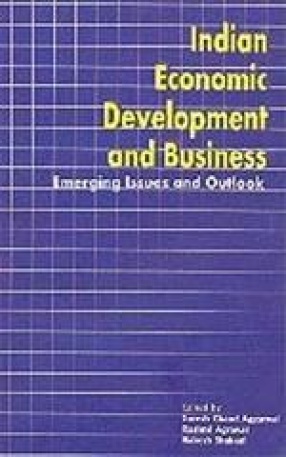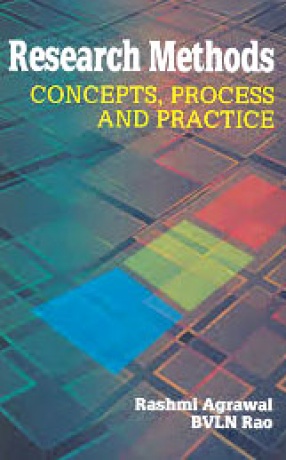The last decade of the 20 century was momentous in the economic history of India as it witnessed a successful transition of India from a controlled, inward looking, and slow growing economy to a liberalised and open economy that has now found a place amongst the fastest growing economies in the world. Responding to the macroeconomic crisis of late 1980s, a programme of liberalisation, privatisation, and globalisation was initiated in July 1991. This programme encompassed wide-ranging reform measures in the areas of industry, public finances, banking and insurance, foreign trade and exchange rate management. The purpose of these economic reforms was two-fold: (a) to restore macroeconomic stability on both domestic and external fronts and (b) to place the economy on a higher growth path through enhanced levels of investment, and improvements in productivity, efficiency and competitiveness. India’s gradual and cautious approach to economic reforms has proved well-founded and the country is placed on a firm footing for future forays into domestic and global economic activities. India is now Asia’s third largest economy and has the world’s fourth largest foreign exchange reserves. The present volume contains scholarly contributions from a cross-section of experts on India’s economic policy and business environment. The wide-ranging topics discussed in the volume provide an insight into the present state of the Indian economy and its future prospects.
Indian Economic Development and Business: Emerging Issues and Outlook
In stock
Free & Quick Delivery Worldwide
reviews
Bibliographic information
Title
Indian Economic Development and Business: Emerging Issues and Outlook
Author
Edition
1st. ed.
Publisher
ISBN
8177080806
Length
xxii+295p., Figures; Tables; 23cm.
Subjects









There are no reviews yet.